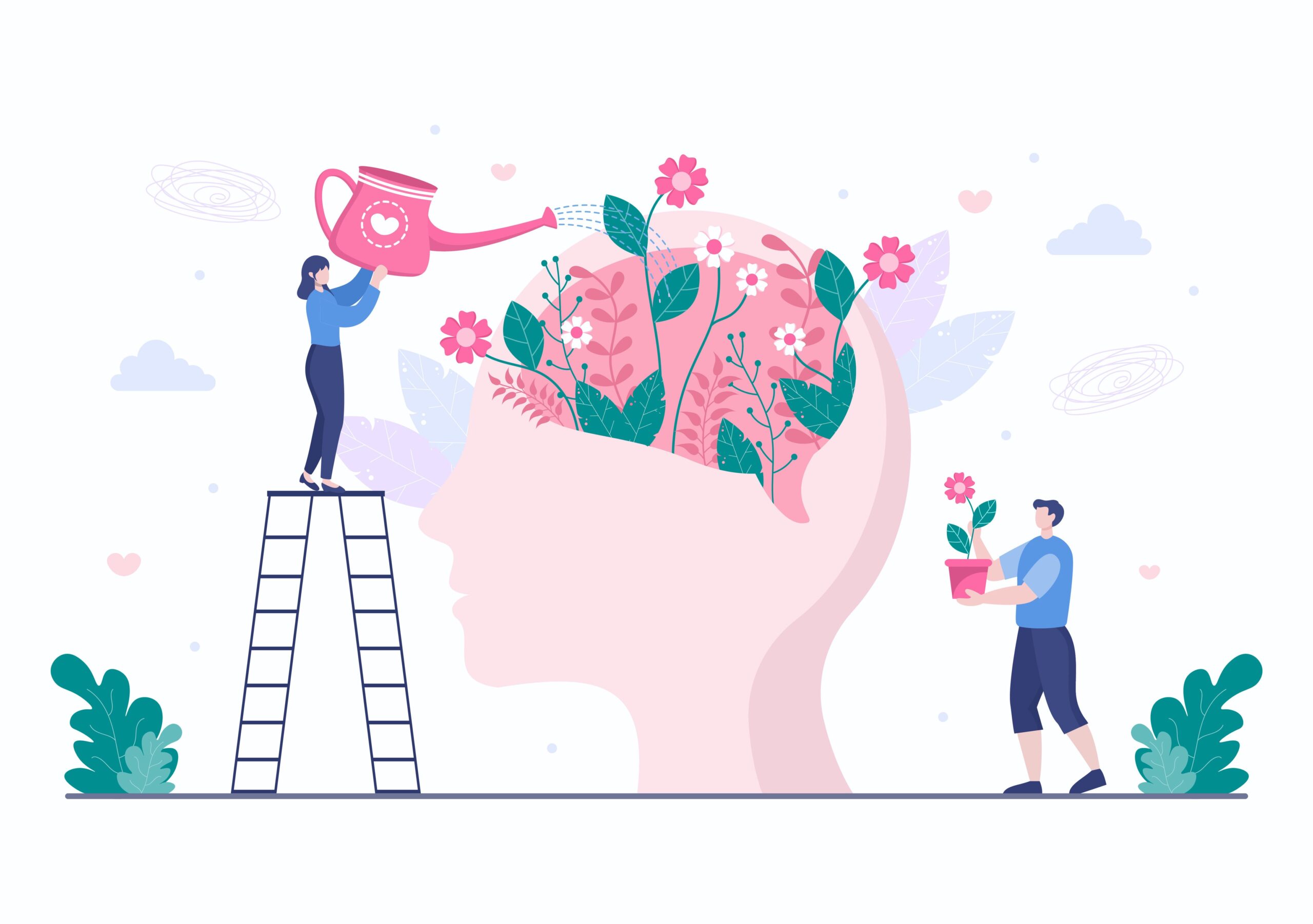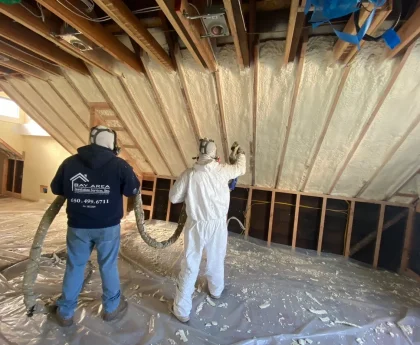In today’s fast-paced and often unpredictable world, the ability to handle stress and bounce back from adversity has never been more critical. Building mental resilience is not just a luxury; it’s a necessity for navigating life’s challenges and maintaining emotional well-being. Whether faced with personal setbacks, professional hurdles, or global uncertainties, cultivating a resilient mindset enables individuals to adapt, grow, and thrive despite obstacles. This article explores the essential strategies and practices that can help you fortify your mental resilience, empowering you to face life’s ups and downs with confidence and grace.
Drawing on insights from psychology, wellness practices, and personal development, we will delve into practical techniques that promote mental strength and adaptability. From fostering positive relationships to developing self-awareness and effective coping mechanisms, each element plays a vital role in enhancing our ability to withstand and recover from life’s inevitable stresses. Join us as we uncover the pathways to building a resilient mindset that not only supports personal growth but also enriches our overall quality of life.
Strategies for Enhancing Mental Resilience
One effective way to build mental resilience is by establishing a strong support network. By nurturing positive relationships with friends, family, and colleagues, individuals create a safe space to share feelings, seek advice, and gain different perspectives on challenges. Engaging in regular communication and fostering deep connections can significantly buffer against stress. Additionally, developing self-awareness through mindfulness practices allows individuals to understand their emotions better, leading to improved emotional regulation. Techniques such as meditation and journaling empower individuals to process their thoughts, ultimately fostering a more adaptable mindset.

Coping Mechanisms for Adversity
It’s imperative to explore various coping strategies that can be employed during difficult times. Incorporating physical activities, such as yoga or regular exercise, promotes not only physical health but also enhances mood and stress management. In addition, learning to reframe negative thoughts can transform one’s outlook on life, making it possible to view setbacks as opportunities for growth. For further insights on building mental resilience, consider exploring the guidelines available at https://greatercollinwood.org/building-mental-resilience-in-challenging-times/. Emphasizing these coping mechanisms equips individuals with the tools needed to face challenges with renewed strength and optimism.
In conclusion, building mental resilience is a proactive journey that involves a blend of self-awareness, strong relationships, and effective coping strategies. By consistently integrating practices such as mindfulness, physical activity, and positive reframing into our daily routines, we equip ourselves with the strength to navigate life’s inevitable ups and downs. It’s essential to recognize that resilience is not a fixed trait but rather a skill that can be cultivated over time. As we embrace challenges with a growth mindset, we not only enhance our ability to recover from setbacks but also deepen our appreciation for life’s intricate tapestry of experiences. Ultimately, fostering mental resilience allows us to not just survive but truly thrive, leading to a more fulfilled and enriched life.





